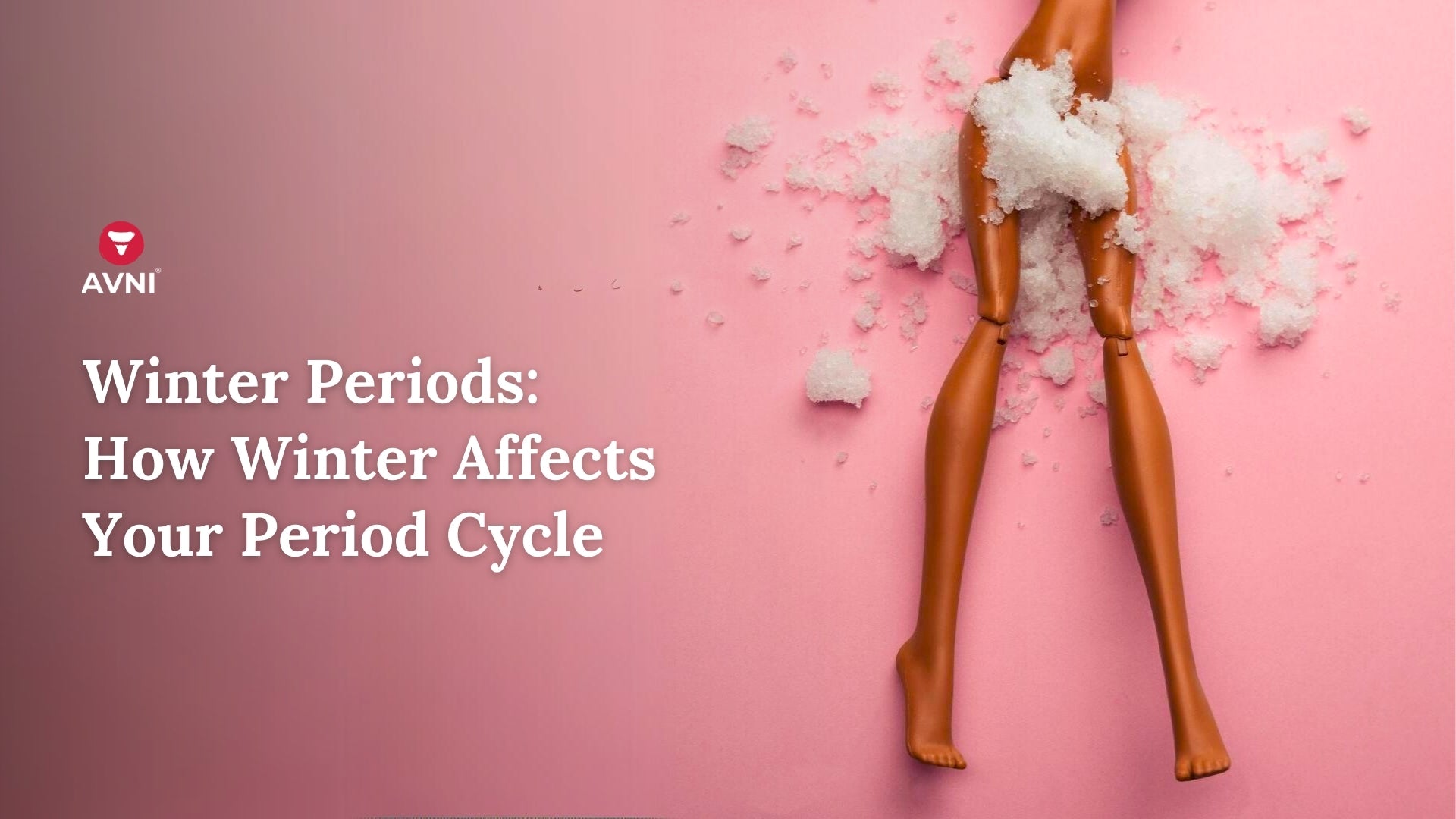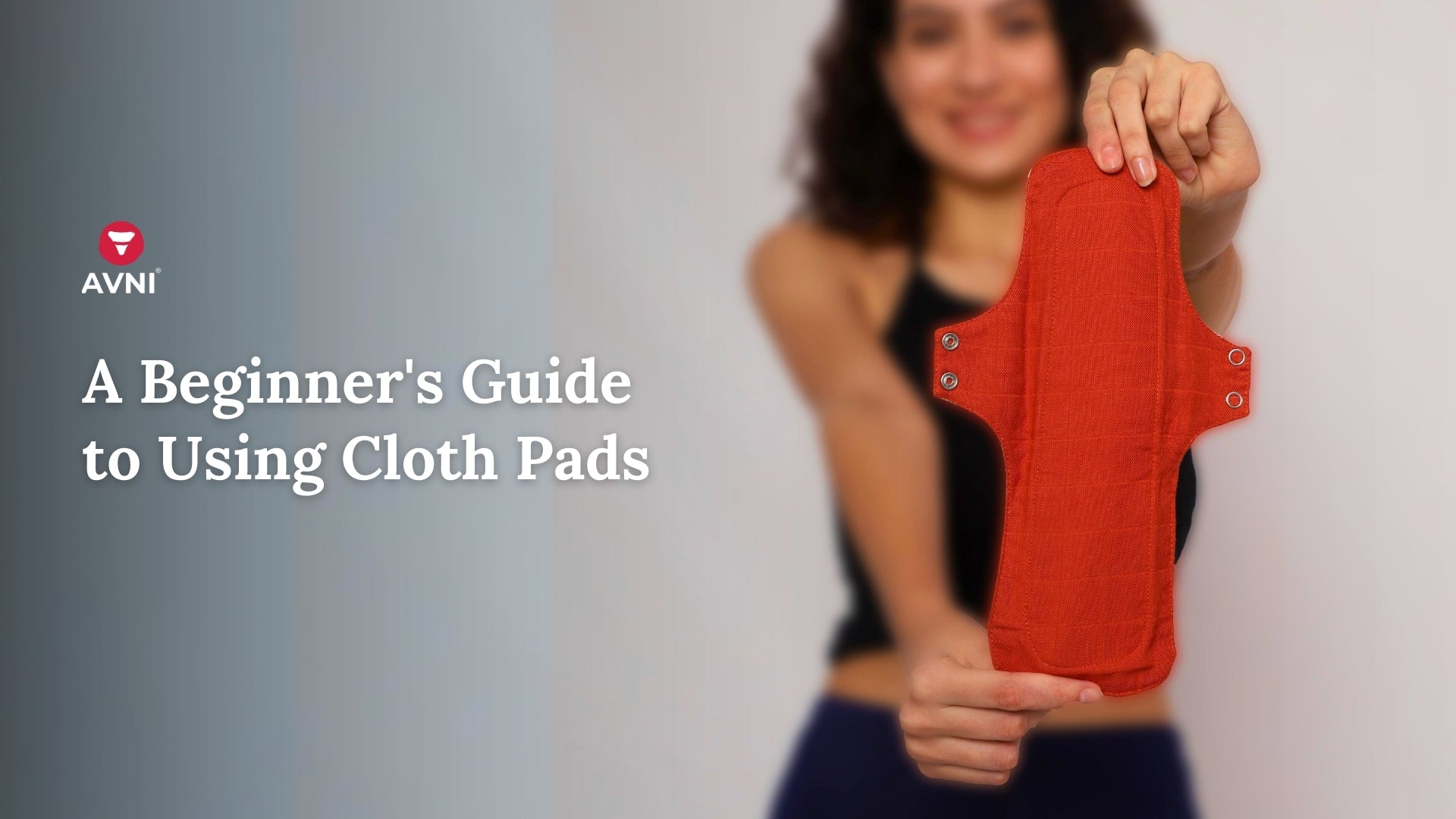
Winter Periods: How Winter Affects Your Period Cycle
What changes when winds change direction? Season. Yes, we are referring to the arrival of winters. With cold winds, enter lethargic mood, sluggish lifestyle, overeating and for menstruators, disrupted menstrual cycle. The body reacts to seasonal changes quickly and in winters, this change is directly related to hormones, immune system and periods.
Excessive pain, longer period days or irregular cycles and what not. Why? Because the colder the days, the compressed your blood vessels become, that results in narrower pathways for blood to flow. Since the blood flow is interrupted, period pains become aggressive and increase during winters.
According to a paper published in 2011, winters can affect the length of the menstrual cycle. It is noted that there is increased hormone secretion, higher frequency of ovulation and shorter cycles by 0.9 days in summers, as compared to winters.
Winters affect mood and menstruation in multiple forms. Let's discuss how colder days make periods an exhaustive affair and how to deal with it.

Cause & Effect Relationship
Hormonal shifts during winters are challenging. The fertilised egg does not attach to the uterine lining, hormonal level drops, energy levels hit an all time low with increased period pains. The body's winter work corresponds to the change of season. There are several ways in which winters can affect your body. Be informed and prepared for it beforehand.
PMS (Pre-Menstruation Symptoms)
Winter periods are tough. The urge to stay inside the house for warmth and cosiness not only affects the mood but health as well. With symptoms like irritability, bloating, mood swings, lethargy and abdominal pains, menstruators also struggle with loneliness and depression.
While lack of outside interactions triggers isolation and sadness, limited sunshine and vitamin D deficiency impacts menstruation and elevates PMS. A medical study in relation to the effect of calcium on premenstrual syndrome suggests that increased intake of calcium and exposure to sunshine helps reduce symptoms of PMS.
Period Pains
In winters, blood vessels compress due to which the pathways for blood flow become narrower. This interrupt in the flow cycle, thus impacts the intensity of abdominal pain that a person feels. As the days become cooler, period pains worsens.
Hormonal Imbalance
Hormones are the active agents at work during menstruation. Lack of sunshine affects the endocrine system and the thyroid slows down. As a result of slower metabolism, it takes longer than usual for periods to occur. As and when the body adjusts itself to temperature changes, the cycle gets back to normal. However, if the periods continue to be irregular, consult your doctor.
Menstruation Cycle
Do you wonder why menstrual cycles are longer during winters? Think science. Factors like atmospheric pressure, air temperature and sunlight are the attributes to this change. Decreased secretion of Follicle Stimulating Hormone (FSH) affects the menstrual cycle, making it longer. The ovarian activity slows down with ovulation frequency dipping drastically from 97% to 71%. This is why you feel more exhausted than usual during colder days. Availability of sunshine impacts menstrual functioning. More sunshine, greater the ovarian activity.
Immune System
The onset of winters also brings with it increased exposure to colds and viruses. The uterus lining is also a part of your immune system. Continuous suffering weakens the immune system that further affects the period play and changes that occur during the cycle. A weaker immune system makes the body more susceptible to viruses and infections.
How to deal with winter period troubles?
By now, you must have mastered the techniques that work for your body to ease period symptoms. A menstruator knows what's an avoidable discomfort but can you reduce the troubles that bothers you during winter periods. Here's how-

- Take warm baths or hot showers to relieve the pain and feel relaxed.
- Use heating pads or water bottles to relax the vessels. It also helps reduce pain caused by cramps.
- Avoid foods that make you feel bloated. Switch to a healthier diet plan, especially foods rich in magnesium and B6. It also helps reduce period pains.
- Fold that blanket and go for a walk. Exercise light and expose your body to sunshine and fresh air. Being active goes a long way in reducing symptoms and cramps.
- Take medicines in case the pain becomes unbearable.
- Take a massage for approximately 20 mins. It helps release tension in the abdomen, legs and back. For additional benefits, add essential oils to your massage tray.
- Practice yoga poses to help reduce period pain.
Periods during winters take a toll on your everyday lifestyle. The cycle can be crazy, full of emotional rollercoasters, painful, unpredictable and exhausting. Understanding the bodily changes in accordance to the season is needed to rest better and yet stay active. It can be tricky. Eat less, move more, breathe fresh and stay comforted.



Leave a comment
This site is protected by hCaptcha and the hCaptcha Privacy Policy and Terms of Service apply.